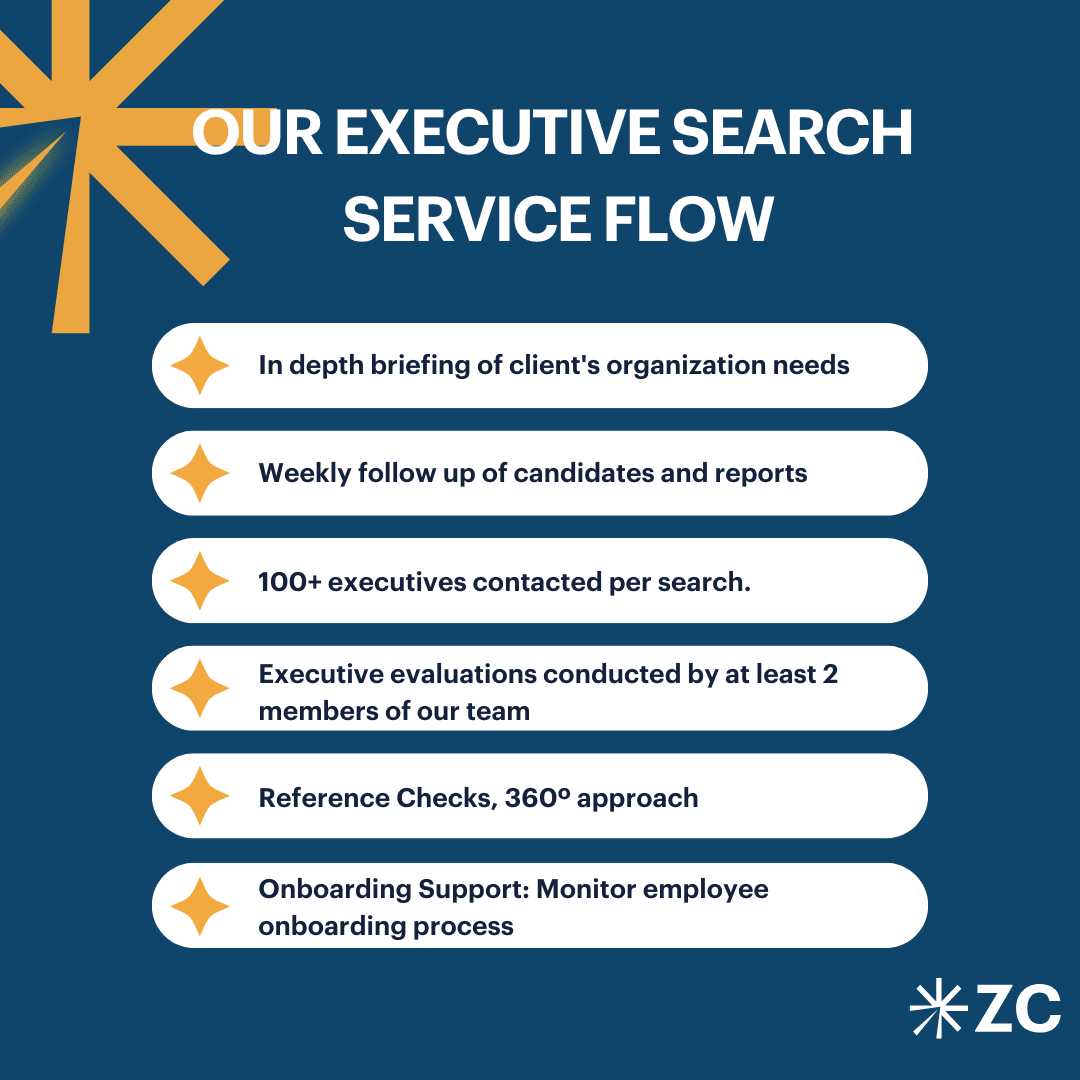Executive Search in the legal, risks, and compliance sector in China can be a challenging task due to a number of factors. According to data from the Ministry of Justice of the People’s Republic of China, there were approximately 574,042 lawyers and 34,000 in 2021 in China as opposed to 280,000 lawyers and 6,000 law firms in 2019. This represents a significant increase from previous years, with the number of lawyers in China more than doubling over the past decade.
Legal, risks, and compliance sector in China
One of the main challenges is the limited pool of qualified candidates. The legal profession in China remains highly competitive. The number of individuals passing the Chinese bar exam has declined in recent years, with only around 20% of candidates passing in 2019 and continues to. This can make it challenging for Executive Search to find qualified candidates, especially for specialized or senior roles.
Another challenge is the cultural differences that can exist between Chinese and Western legal systems. This can make it difficult for Executive Search to understand the specific skills and experiences that are valued in the Chinese legal market. It can also make it difficult for candidates to understand the expectations and requirements of positions in foreign legal firms.
In addition, Executive Search in the legal, risks, and compliance sector in China can be risky due to the country’s strict laws and regulations. It is important for Executive Search to be aware of these laws and to ensure that their practices are in compliance with them. Failure to do so can result in fines, legal action, and damage to the Executive Search consultant’s reputation.
The issue of confidentiality
Finally, there is the issue of confidentiality. In the legal, risks, and compliance sector, it is essential that sensitive information is kept confidential. According to a survey by the China Law Society, almost 90% of Chinese lawyers consider the protection of client confidentiality to be the most important ethical principle in their work. Executive Search must be careful to protect the privacy of both their clients and candidates and to ensure that sensitive information is not shared without proper consent.
Overall, Executive Search in the legal, risks, and compliance sector in China requires a deep understanding of the market, cultural sensitivity, and a commitment to compliance and confidentiality. It can be a challenging task, but with careful planning and attention to detail, it is possible to find top talent in this competitive field.
Executive Search Strategies for these sectors in China
There are several strategies that Executive Searchs can use to overcome the challenges of Executive Search in the legal, risks, and compliance sector in China.
First, it is important for Executive Search consultants to have a thorough understanding of the legal, risks, and compliance market in China. This includes understanding the specific skills and experience that are valued in the Chinese legal system, as well as the cultural differences that may exist between Western and Chinese legal practices. Executive Search consultants can gain this knowledge through research, networking, and building relationships with key players in the industry.
Second, consultants can expand their pool of candidates by using a variety of recruitment methods, such as targeted advertising, social media, and professional networking events. This can help to increase the number of qualified candidates and improve the chances of finding the right fit for a specific role.
To minimize the risk of legal or regulatory issues, consultants should ensure that they are fully compliant with all relevant laws and regulations. This includes obtaining the necessary licenses and permissions, as well as following best practices for confidentiality and data protection.
Finally, Executive Search consultants can protect the confidentiality of both their clients and candidates by using non-disclosure agreements and other legal protections. They should also be careful to only share information with the proper consent and to ensure that all sensitive data is secure.
Executive Search as Service
Overall, by understanding the unique challenges of Executive Search in the legal, risks, and compliance sector in China and taking a proactive approach to addressing them, executive search consultants can successfully find top talent in this competitive market.

If your organisation requires senior legal, risk or compliance leadership to navigate China’s regulatory and governance landscape, our Executive Search team can support you. Contact us to discuss leadership needs with discretion, rigour and strategic insight.









